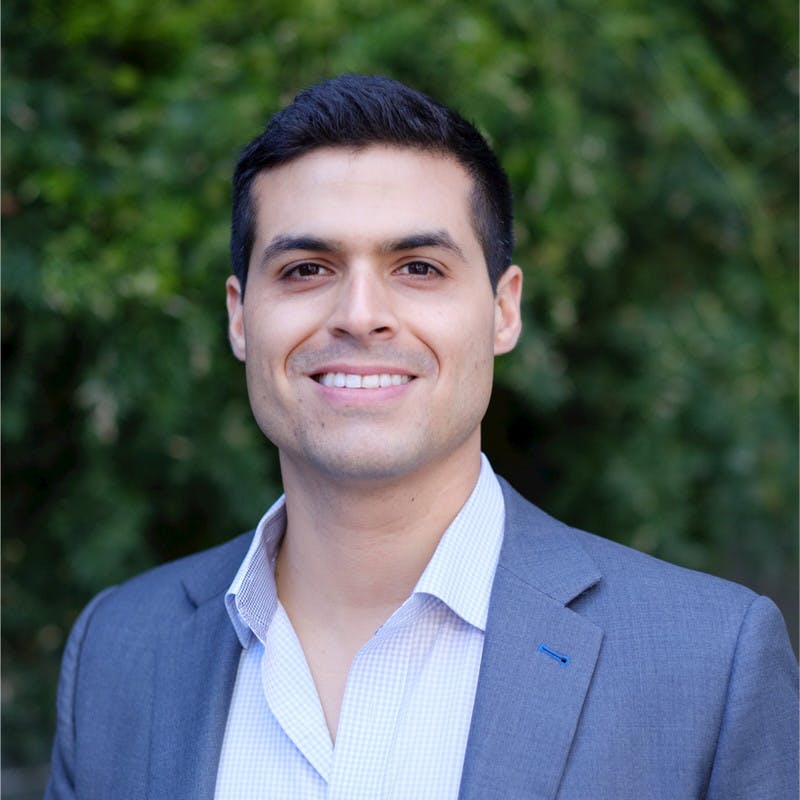
Javier Avalos
Co-founder & CEO at Caplight
Yeah, how much time do you have? I'll start at Facebook, which I think, if you asked people who are vets of secondary trading, is probably where many of them would start. It's really a reaction to legislation. The JOBS Act made it easier for companies to stay private longer, take on more shareholders, and not have to go public until certain milestones are met. That continues to be the framework by which many of these late-stage private companies remain private. They just don't have to go public and don't want to invite the additional scrutiny that comes with being a public company.
You see this manifest in Facebook's staying public longer than many of its predecessors had -- the Googles, Apples, Microsofts, Amazons, etc. And a market opened up. There was a natural market for people who wanted liquidity for their stock, who had been at the company for a long time, or early investors who had had a fantastic return and were looking to lock in some of those unrealized gains and turn them into realized gains. This market developed in a very brokered manner, where much like real estate agents, these brokers who were serving their clients would go and look for a market in a block of shares.
This business ended up being very lucrative. Spreads were wide, meaning where someone wanted to buy something was oftentimes far away from where someone wanted to sell something. The skilled broker who can make that bid-ask spread compress is rewarded by a pretty large portion of that spread in the form of commission dollars. Entrepreneurs caught onto that, and you see early groups like SecondMarket being spun up. We've spent a good amount of time with the early team at SecondMarket to learn their story. Ultimately, they ended up being acquired by Nasdaq, but I think SecondMarket was pivotal in terms of saying this could be an entire business, and the goal was to put that into an online trading forum. Then, you see groups like Equidate being spun up, which was my employer and became Forge Global, as we know it today. SharesPost is part of the early group. They were around even before Equidate. Then there are some other groups that haven't been mentioned in this conversation already, like EquityZen, for instance.
You see the attempt, at least, of trying to take this very brokered, very manual service business, and put it into an online, somewhat automated trading venue. The initial step towards automation is you let clients tell you what they want to buy or sell, how much of it, and what price, basically with an online form. You allow that to catalyze, showing that opportunity to everybody else in the market who could be participants on the other side. Now you're talking about creating a trading system. So you start to see these platforms get licensed as alternative trading systems (ATSs).
Then you start to see more of them pop up. The groups who are popping up are entrenched platforms that are serving the private markets in some other way. You see Carta acting on a CartaX. You see Nasdaq dedicate an entire division in Nasdaq Private Market, which, as I mentioned, acquired SecondMarket. Then you see that being spun off to give it more autonomy and more freedom to build out a marketplace separate from the exchange business, which I think, as an outsider looking in, was important to the development of their secondary trading business. You see a group like Zanbato, who's built a very strong platform in terms of making it a focal point for people who want to participate in this asset class to go and check where things are trading and be able to put a trade on very quickly.
And of course, Forge trying to be the one-stop shop serving companies through Forge Capital Systems, serving accredited investors, institutional investors, employees, and other shareholders by matching buyers and sellers, and adding a custodial layer, which -- at least based on a reading of what's out there publicly -- lets them do more with custodying assets and then wrap the whole thing in a data layer.
When you start from Facebook, you get to this massive market in increments. It's like each step has, “Okay, this seems to be working. How do we take this to the next level by adding on some other feature or bundle of features?”
For us, it was very clear that the private markets aren't going to exist forever in the spot trading way, to put it simply. It doesn't make sense that, with all the innovation that's happened in this asset class, starting from Facebook, it would just exist forever in its current embodiment. For us, it was very clear that further innovation had to happen here. That's where we're picking up the ball and running with it, in doing this crazy idea of trading derivatives on private stock. For us, it just seems so obvious and natural.
Caplight offers institutional derivatives for pre-IPO company stock.